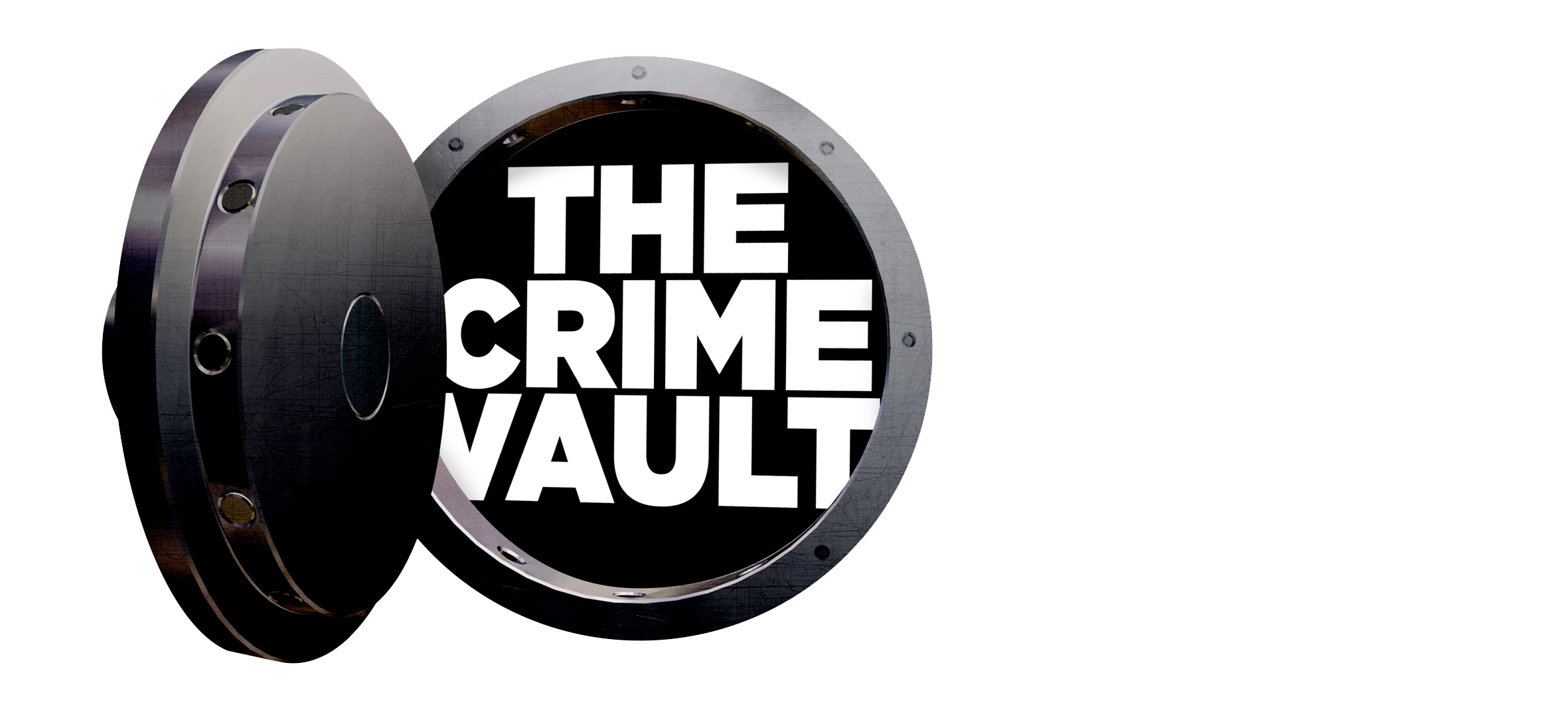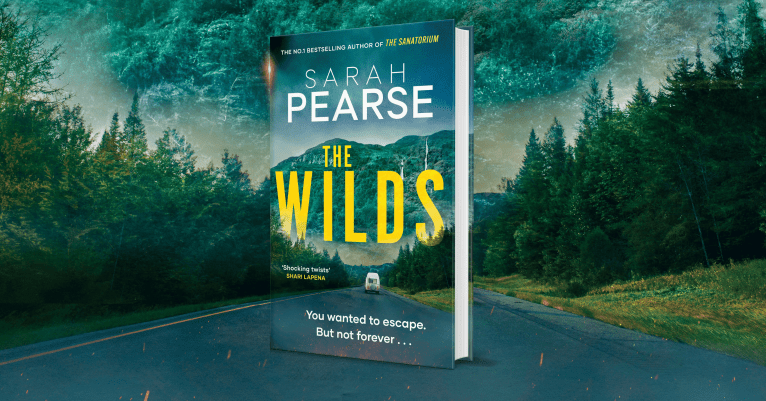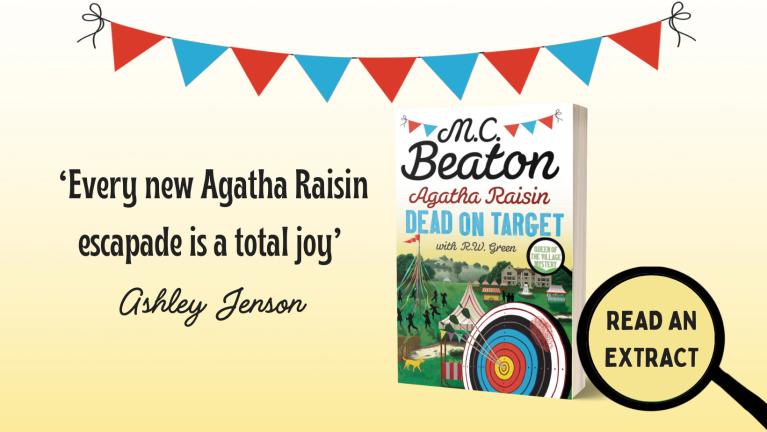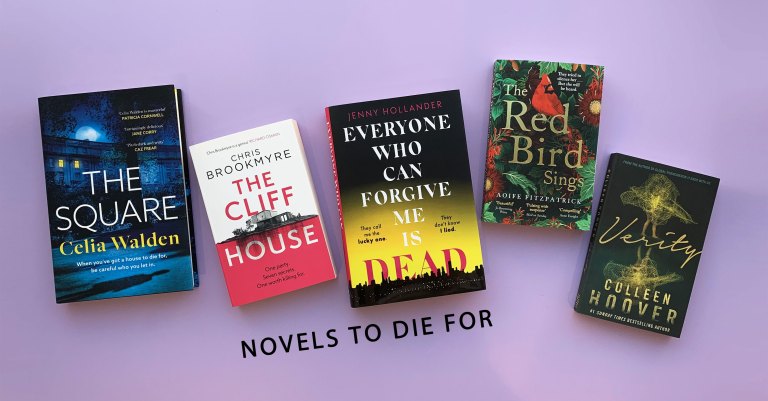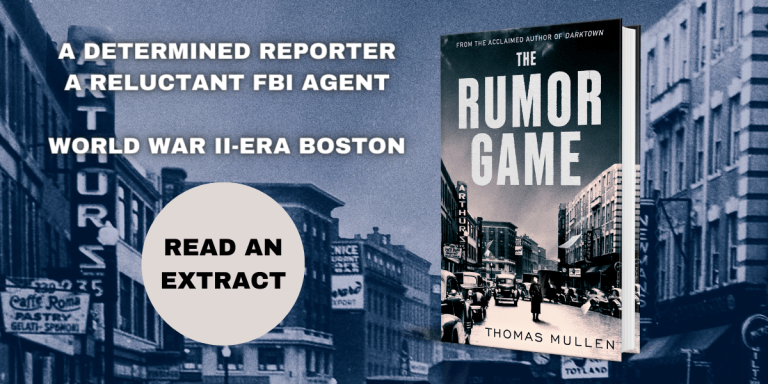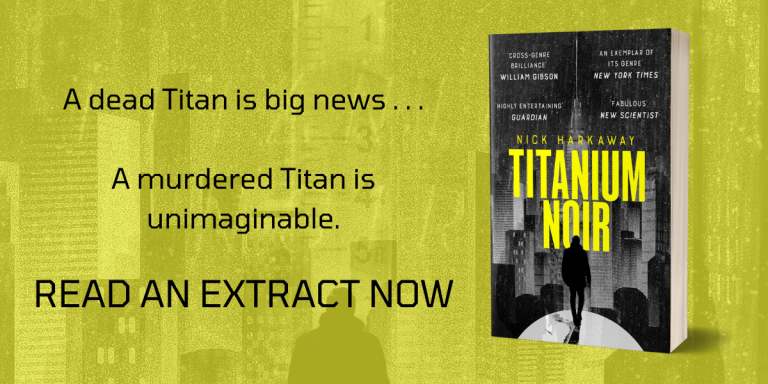Read the FIRST LIE
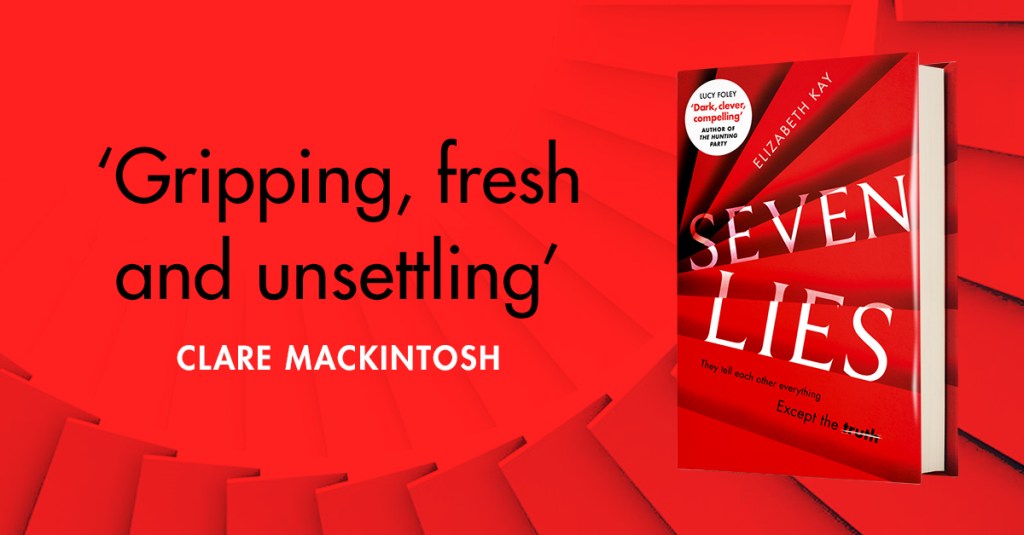
Seven Lies by Elizabeth Kay is set to be one of the BIGGEST debuts of 2020.
It’s been selected by both the BBC and the Daily Mail as one of the hottest MUST-READs of the year and we’re delighted to share with you THE FIRST LIE.
THE FIRST LIE
Chapter One
‘And that’s how I won her heart,’ he said, smiling. He leant
back in his chair, lifting his hands behind his head, expanding
his chest. He was always so smug.
He looked at me, and then at the idiot sitting beside me,
and then turned back again to me. He was waiting for us
to respond. He wanted to see the smiles stretch across our faces,
to feel our admiration, our awe.
I hated him. I hated him in an all-encompassing, burning,
biblical way. I hated that he repeated this story every time I
came to dinner, every Friday evening. It didn’t matter who
I brought with me. It didn’t matter which degenerate I was
dating at the time.
He always told them this story.
Because this story, you see, was his ultimate trophy. For a
man like Charles – successful, wealthy, charming – a beautiful,
bright, sparkling woman like Marnie was the final
medal in his collection. And because he was fuelled by the
respect and admiration of others, and perhaps because he
received neither from me, he wrenched them instead from
his other guests.
What I wanted to say in response, and what I never said,
was that Marnie’s heart was never his to win. A heart, if
we’re being honest, which I finally am, can never be won.
It can only be given, only received. You cannot persuade,
entice, change, still, steal, steel, take a heart. And you certainly
cannot win a heart.
‘Cream?’ Marnie asked.
She was standing beside the dining table holding a white
ceramic jug. Her hair was pinned neatly at the top of her
neck, loose curls around her cheeks, and her necklace was
twisted, the clasp beside the pendant, hanging together
against her breastbone.
I shook my head. ‘No, thanks,’ I said.
‘Not you,’ she replied, and she smiled. ‘I know not you.’
I want to tell you something now, before we begin. Marnie
Gregory is the most impressive, inspiring, astonishing woman
I know. She has been my best friend for more than eighteen
years – our relationship is legally an adult; able to drink,
marry, gamble – ever since we met at secondary school.
It was our first day and we were queuing in a long, thin
corridor, a line of eleven-year-olds worming their way
towards a table at the other end of the hall. There were
groups huddled at intervals, like mice in a snake, bulging
from the orderly, single-file line.
I was anxious, aware that I knew no one, psychologically
preparing myself for being alone and lonely for the best part
of a decade. I stared at those groups and tried to convince
myself that I didn’t want to be part of one anyway.
I stepped forwards too fast, too far, and stood on the
heel of the girl in front. She spun around. I panicked; I was
sure that I was about to be humiliated, shouted at, belittled
in front of my peers. But that fear dissipated the moment I
saw her. It sounds ridiculous, I know, but Marnie Gregory
is like the sun. I thought it then; I often think it now. Her
skin is shockingly fair, a porcelain cream tempered only
occasionally – after exercise, for example, or when she is
overwhelmingly content – by rosy pink cheeks. Her hair is
a deep auburn, twisted into spirals of red and gold, and her
eyes are a pale, near-white blue.
‘Sorry,’ I said, stepping back and looking down at my shiny new shoes.
‘My name’s Marnie,’ she said. ‘What’s yours?’
That first encounter is symbolic of our entire relationship.
Marnie has an openness, a tone that invites warmth and
love. She is unassumingly confident, unafraid and unaware
of any presumptions you might bring to the conversation.
Whereas I am intensely aware. I am afraid of any potential
animosity and am always waiting for what I know will
come eventually. I am always waiting to be ridiculed. Then,
I feared judgement for the pimples across my forehead, my
mousy hair, my too-big uniform. Now, my tone of voice,
the way it shakes, my clothing – comfortable and rarely
flattering – my hair, my trainers, my chewed fingernails.
She is light where I am dark.
I knew it then. Now you’ll know it too.
‘Name?’ barked the blue-bloused teacher standing behind a desk at the front of the line.
‘Marnie Gregory,’ she said, so firm and self-assured.
‘E . . . F . . . G . . . Gregory. Marnie. You’re in that classroom
there, the one with the C on the door. And you,’ she
continued. ‘Who are you?’
‘Jane,’ I replied.
The teacher looked up from the sheet of paper in front of her and rolled her eyes.
‘Oh,’ I said. ‘Sorry. It’s Baxter. Jane Baxter.’
She consulted her list. ‘With her. Over there. Door with the C.’
Some might argue that it was a friendship of convenience
and that I would have accepted any offer of kindness, of
affection, of love. And maybe that’s true. In which case, I
might counter that we were destined to be together, that our
friendship was inked in the stars, because further down our
path she’d need me too.
That sounds like nonsense, I know. It probably is. But
sometimes I could swear to it.
‘Yes, please,’ said Stanley. ‘I’ll have some cream.’
Stanley was two years my junior and a lawyer with a
number of degrees. He had white-blond hair that flopped
over his eyes and he grinned constantly, often for no discernible
reason. He could speak to women, unlike most of
his peers: the result, I guess, of a childhood surrounded by
sisters. But he was fundamentally dull.
Unsurprisingly, Charles seemed to be enjoying his company.
Which made me dislike Stanley even more.
Marnie passed the jug across the table, pressing her
blouse to her stomach. She didn’t want the fabric – silk, I
think – to skate the top of the fruit bowl.
‘Anything else?’ she asked, looking at Stanley, and then at
me, and then to Charles. He was wearing a blue and white
striped shirt and he’d undone the top buttons so that a triangle
of dark hairs sprouted from between the fringes of
the fabric. Her eyes hovered there for a moment. He shook
his head and his tie – undone and loose around his neck
– slipped further to the left.
‘Perfect,’ Marnie said, sitting down and picking up her
dessert spoon.
The conversation was – as always – dominated by
Charles. Stanley could keep up, interjecting successes of
his own wherever possible, but I was bored and I think
that Marnie was too. We were both leaning back in our
chairs, sipping the last of our wine, and absorbed instead
in the imagined conversations playing out within our
own minds.
At half past ten, Marnie stood, as she always did at half
past ten, and said, ‘Right.’
‘Right,’ I repeated. I stood, too.
She lifted our four bowls from the table and stacked
them in the curve of her left arm. A small bead of pink
juice from a raspberry still sitting in one of the dishes bled
into the white of her shirt. I picked up the now-empty fruit
bowl – she’d made it herself at a pottery class a few years
earlier – and the jug of cream and followed her into the
kitchen at the back of the flat.
This flat – their flat – was testament to their relationship.
Charles had paid the hefty deposit, as Charles paid for most
things, but at Marnie’s insistence. She had known instantly
that the flat was meant for them, and it won’t surprise you
to know that persuasion has always come very naturally
to Marnie.
When they moved in it was little more than a hovel:
small, dark, filthy, damp, spread over two floors and desperately
unloved. But Marnie has always been a visionary;
she sees things where others cannot. She finds hope in the
darkest of places – laughably, in me – and trusts herself
to deliver something exceptional. I have always envied
that self-confidence. It comes, for Marnie, from a place of
stubbornness. She has no fear of failure, not because she
has never failed, but because failure has only ever been a
detour, a small diversion, on a journey that has ultimately
led to success.
She worked tirelessly – evenings, weekends, using all of
her annual leave – to build something beautiful. With her
small hands, she tore wallpaper, sanded doors, painted cupboards,
smoothed carpet, laid floorboards, sewed blinds:
everything. Until these rooms emitted the same warmth
that she does; a quiet confidence, a recognisable yet indefinable
sense of home.
Marnie loaded the bowls into the dishwasher, leaving a
space between each.
‘They clean better this way,’ she said.
‘I know,’ I replied, because she said the same thing every
week, because I made the same noise – a tiny grunt – every
week, because it seemed such a waste of water to me.
‘Things are going well with Charles,’ she said.
A prickle climbed my spine, pulling me straight, forcing
air into my lungs.
We had only talked about their relationship once before
then and it had been a conversation fraught with the long,
twisted history of a very old friendship. Ever since, we had
spoken only in practical terms: their plans for the weekend;
the house they might someday buy far beyond the outer
limits of London; his mother, riddled with cancer, living
in Scotland and dying a very slow, painful, lonely death.
We had not, for example, discussed the fact that they
had been together for three years and that several months
earlier I had found unexpectedly – and I know I shouldn’t
have been looking – a diamond engagement ring hidden in
the depths of Charles’s bedside table. Nor had we discussed
the fact that, even without that ring, they were careering
towards a permanent commitment that would bind them
eternally, in a way that – even after almost twenty years –
Marnie and I had never been bound.
We had not discussed the fact that I hated him.
‘Yes,’ I replied, because I was afraid that a full sentence,
perhaps even a two-syllable word, would send our friendship
hurtling into chaos.
‘Don’t you think?’ she said. ‘Don’t you think that things
are looking good for us?’
I nodded and poured the remaining cream from the jug
back into its plastic supermarket container.
‘You think we’re right for each other, don’t you?’
she asked.
I opened the fridge door and hid behind it, slowly – very
slowly – returning the cream to the top shelf.
‘Jane?’ she asked. ‘Yes,’ I replied. ‘I do.’
That was the first lie I told Marnie.
I wonder now – most days, in fact – if I hadn’t told
that first lie, would I have told the others? I like to tell
myself that the first lie was the least significant of them
all. But that, ironically, is a lie. If I had been honest that
Friday evening, everything might have been – would have
been – different.
I want you to know this now. I thought I was doing the
right thing. Old friendships are like knotted rope, worn in
some parts and thick and bulbous in others. I feared that
this thread of our love was too thin, too frayed, to bear
the weight of my truth. Because surely the truth – that I
had never hated anyone the way I hated him – would have
destroyed our friendship.
If I had been honest – if I had sacrificed our love for
theirs – then Charles would almost certainly still be alive.
SEVEN LIES publishes on 16th April and it’s available to pre-order now.
10
